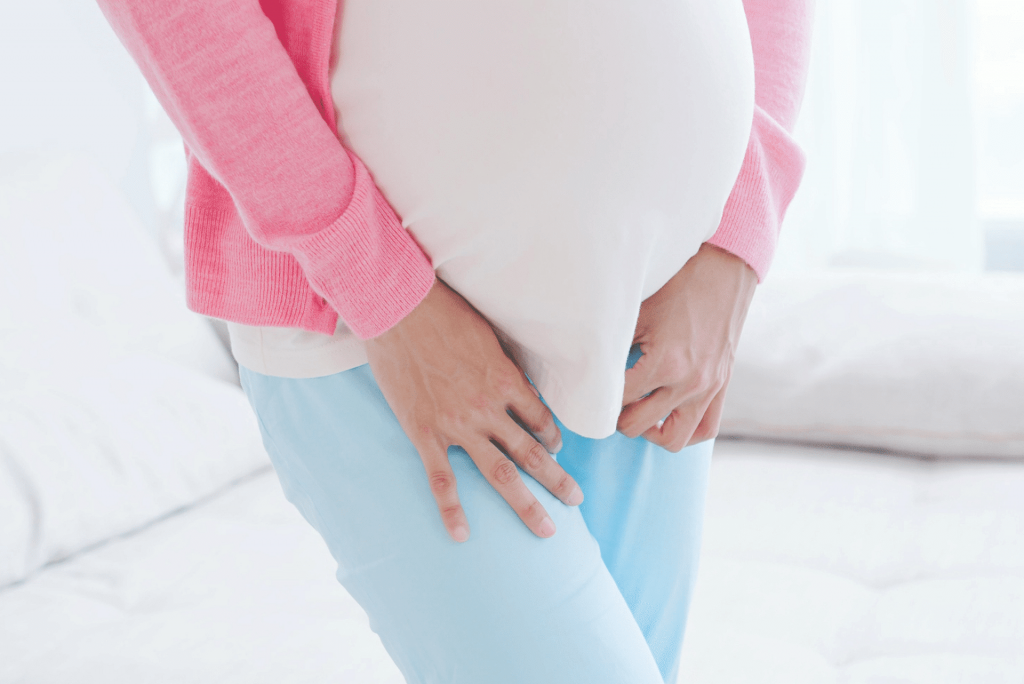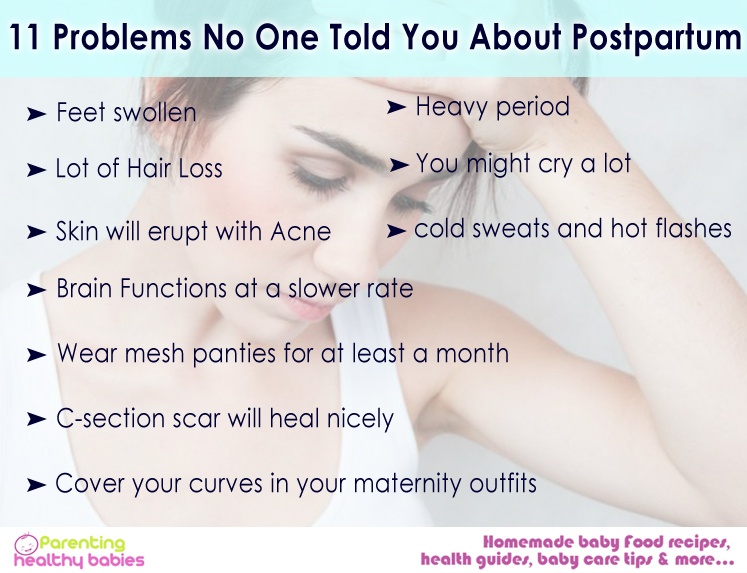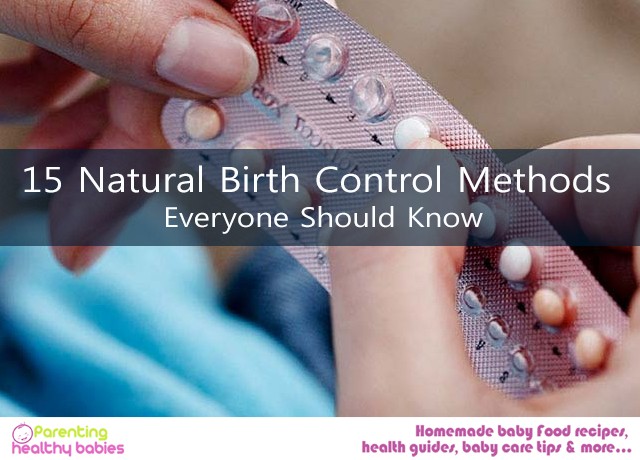The nine months are no less than a challenge. A woman fights like a warrior, preventing herself and her baby from any harm. But it’s not an easy job as she has to face lot of problems. One of them is urinary incontinence.
What Is Urinary Incontinence?
Frequent urination is one of the earliest signs of pregnancy. Loosing control over urine is known as incontinence. Leaking urine is the biggest sign indicating that you are pregnant. this problem can worsen with growth of your baby and may end after delivery.
There are several types of urinary incontinence
Stress incontinence: stress is the major cause of many problems now days. Physical pressure on the bladder can lead to loss of urine
Urgency incontinence: bladder contractions can cause loss of urine, as you may not reach washroom ion time and pass urine there itself.
What Causes Pregnancy Incontinence?
Pelvic floor supports the bladder lying just above the pelvic bones. It relaxes and fills with urine throughout the day while the sphincter keeps the organ closed until you can use the bathroom. But during pregnancy, this may not be the case
Common causes of pregnancy incontinence include:
Pressure
Pressure being the commonest cause. while coughing , sneezing, laughing or during exercise, there is extra pressure on your bladder and this may cause leaking of urine. and another reason is your growing fetus that also puts extra pressure causing incontinence.
Hormones
During pregnancy there is lot of hormonal change occurring in your body. These hormonal changes also have an impact on your bladder lining and urethra.
Medical conditions
There are many medical causes for incontinence. Some of them are: diabetes, anxiety medications, or a stroke in the past, all these can lead to urinary incontinence.
Urinary tract infections (UTIs)
Urinary incontinence is a symptom of UTI. If UTI is not treated early, women during pregnancy can experience incontinence.
There are some women who are at high risk of incontinence. Symptoms can worsen for those women who before pregnancy had urinary incontinence or overactive bladder.
Other risk factors include:
- older age: as your age increase risk of having suh complication also increases
- Overweight: being overweight is the root cause of many problems.
- having previous vaginal delivery
- having previous pelvic surgery
- Smoking: smoking is not good for your health and even for your baby. Smoking leads to chronic coughing which increases the chances of incontinence.
Causes After Childbirth
Giving birth can contribute to incontinence after pregnancy. During vaginal delivery, muscles and nerves may be injured. Prolonged pushing can increase the risk of nerve damage. it is said that caesarean delivery can decrease the chances of incontinence.
Does Incontinence Go Away After The Baby Is Born?
Some women’s incontinence symptoms go away in the days or weeks after their baby is born. but some of them may still have symptoms or at times situation can even become worse. it is possible to manage incontinence with following treatments, bladder retraining, weight loss, exercise and medicines also if needed. You may want to consider other treatments such as medications and surgery after your pregnancy.
Prevention
These are some preventive measures to avoid or decrease those irritating and embarrassing leaks.
Avoid carbonated or caffeinated drinks: Avoid carbonated drinks, coffee, or tea. Beverages increase the frequency of urination. Try drinking more water or decaffeinated drinks.
Avoid drinking at night: Limit your beverages in the evening to avoid frequent trips to the bathroom and leaking at night.
Eat a high-fiber diet: Eat foods that are high in fiber to avoid constipation, which puts added stress on your pelvic floor.
Maintain a healthy weight: Losing extra pounds after labor can also help with urinary incontinence after pregnancy. your healthy weight will solve many problems.
But you don’t need to tolerate these embarrassing leaks. If urinary incontinence becomes a problem during your pregnancy or doesn’t go away after pregnancy, be sure to tell your doctor so you can be treated for it. Speak to your doctor, he will guide you accordingly. As we know prevention is better than cure, take the above mentioned precautions. They may help to reduce the chances of you suffering from urinary incontinence. Before following any advice by anyone, consult your doctor. And don’t feel shy while talking to our doctor. Every problem has a solution, even this problem can be solved. Your awareness, precautions and your doctor’s advise can relieve you from urinary incontinence.
- https://www.ncbi.nlm.nih.gov/pmc/articles/PMC3671107
- https://pubmed.ncbi.nlm.nih.gov/17400855/













